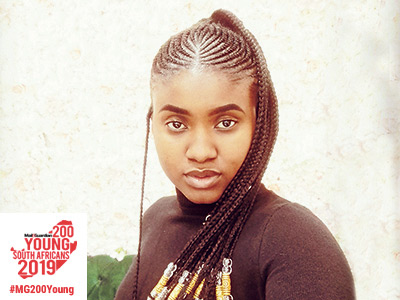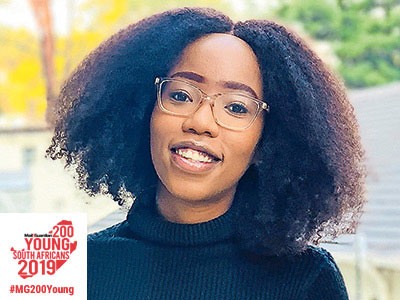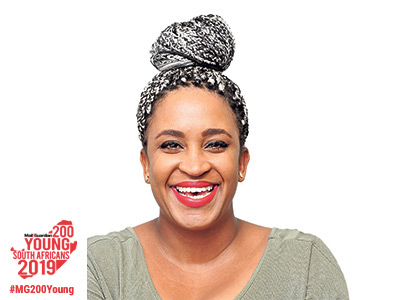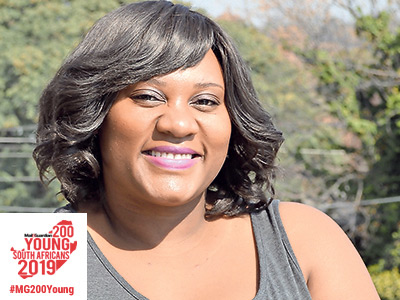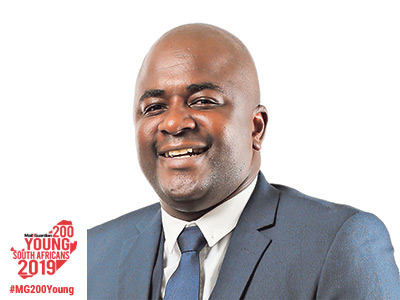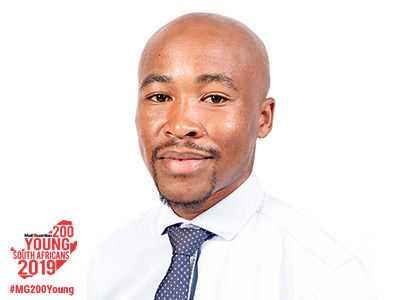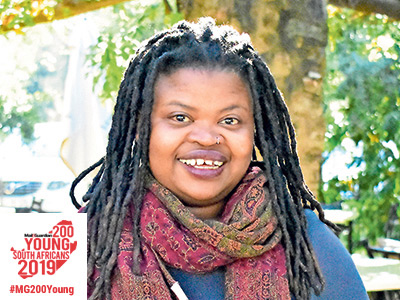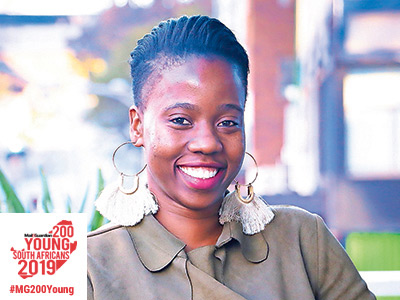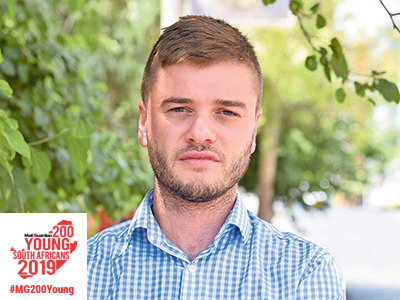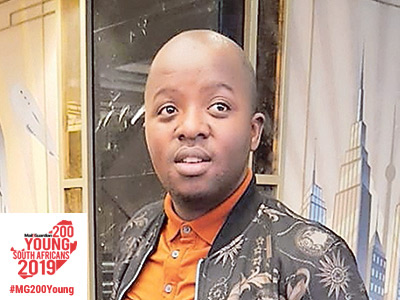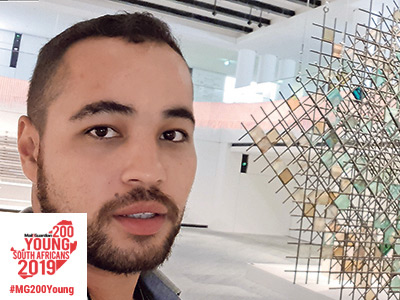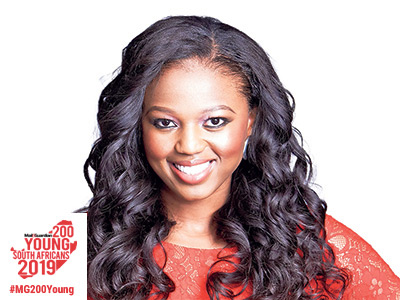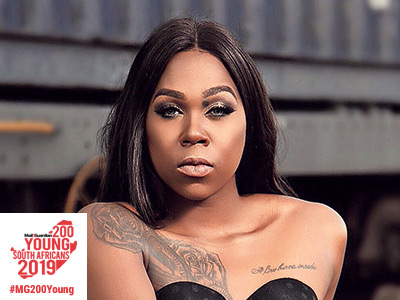Nombulelo Ngqayizivele Khumalo is an honour’s student at the University of KwaZulu-Natal, studying a programme of gender, religion and health. Having just graduated from the Seth Mokitimi Methodist Seminary in Pietermaritzburg, where she obtained a bachelors degree in Theology, she is training to be a pastor.
As someone who was born intersex, Khumalo is adamant that a courageous stance is required by the church to welcome sexual minorities, not as visitors to the faith or people who need to be “cured” but as fellow brethren.
“Conversations on homosexuality and same sex relationships are heightened. The greater church community believes homosexuality is a lifestyle choice, a trend and a fashionable phase that will pass,” she says, commenting that her own journey to accepting herself as a homosexual woman has been filled with ups and downs and a lot of piercing stares from disapproving people, mostly Christian.
Although she acknowledges how far she’s come, there is still a lot of work that needs to be done: “Our society needs to recognise the unstoppable and growing momentum toward unjust civil equality for every gay, lesbian, bisexual, intersexed and transgender citizen of this country,” she says.
Being open about one’s sexuality may not completely disarm prejudice, but it’s a good place to start, she says, adding: “It has become clear to me that living a homosexual life without publicly acknowledging it is not enough and will not make any significant contribution to the immense work that lies ahead on the road to complete equality, which is a call to the commandment to love one another”.
Khumalo yearns for a place and time when all people are seen as an image of God and not judged according to their sexual orientation.
When she is not studying, working or on the pulpit you will find her on the beach. — Welcome Lishivha
Twitter: @NgqayiziveleZ

